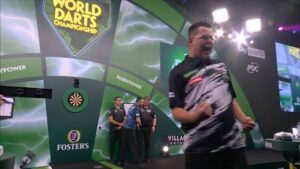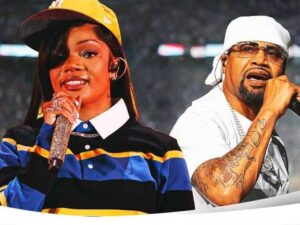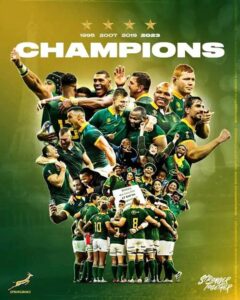French Media Applaud Lionel Messi After PSG’s 4-0 Rout of Inter Miami
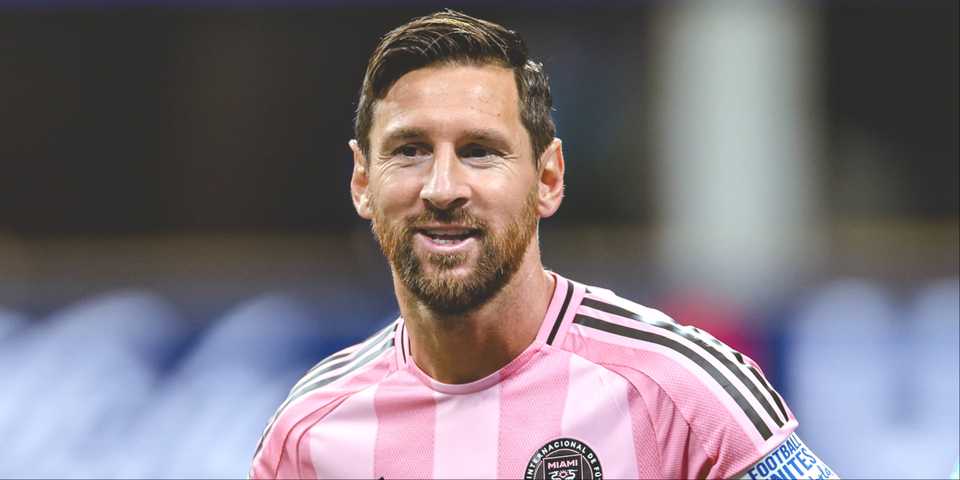
Lionel Messi and Inter Miami’s dream of global glory came to a crushing end in the Round of 16 of the FIFA Club World Cup, as the American outfit was thoroughly dismantled by Paris Saint-Germain in a one-sided 4-0 contest. Despite Messi’s magical performances in the group stage, the MLS side were no match for the reigning European champions, who delivered a statement win in the opening knockout round.
It was a first-half blitz that sealed Inter Miami’s fate. PSG came flying out of the blocks and imposed their intensity, speed, and precision on a side stacked with legendary names but lacking in cohesion and sharpness. Two goals from 19-year-old Joao Neves, a calamitous own goal from Miami defender Kamal Miller, and a sizzling strike from Achraf Hakimi had the match effectively wrapped up by the interval.
A Ruthless PSG Dominates
From the first whistle, Luis Enrique’s men looked a class apart. Neves, signed from Benfica in 2024 and now a key component of PSG’s midfield engine, was a constant menace. His first goal came in the 12th minute—a composed finish from the edge of the area after a slick team move. Just ten minutes later, he doubled the lead, tapping in from close range following a defensive lapse.
The third came courtesy of Miami’s own undoing. In the 33rd minute, a dangerous cross from Kylian Mbappé—who didn’t score but tormented the defense—forced a panicked clearance from Miller that looped into his own net. Any hope of a comeback was extinguished moments before half-time when Hakimi burst down the right flank and rifled a shot past Miami goalkeeper Drake Callender.
**Star-Studded But Outpaced**
Inter Miami came into the tournament boasting a formidable roster of seasoned football icons. Messi, Luis Suárez, Sergio Busquets, and Jordi Alba—once teammates at the all-conquering Barcelona—were reunited in pink. However, despite the nostalgia and individual brilliance, the team lacked the physical edge and tactical discipline needed to challenge elite European competition.
Messi, now 38, tried to spark some magic but found himself isolated and outnumbered. He dropped deep in search of the ball but was often met with two or three PSG players closing him down instantly. His influence, so prominent in the group stage, was largely neutralized.
The Argentine legend had lit up the early rounds with a stunning free-kick against FC Porto and a controlling performance against Palmeiras. Yet against his former rivals from Ligue 1, he could do little to prevent a humbling defeat.
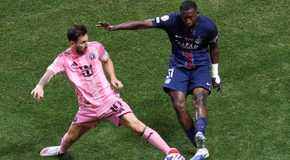
**Signs of Frustration**
Cameras caught Messi walking off the pitch at full-time with a visibly frustrated expression. Though not one to publicly criticize, those close to the player suggested he was disappointed with the team’s lack of structure and reaction after going behind.
While the Club World Cup was never going to be an easy challenge for an MLS side, Miami had hoped the experience and pedigree of its senior stars could carry them deeper into the tournament. Instead, the gulf in class was plain to see.
**Looking Ahead**
For Inter Miami, this result is a harsh reality check. The club has made significant strides since Messi’s arrival, both on and off the pitch. Their qualification for the Club World Cup alone was a historic achievement. But if they are to compete on the global stage, further investment in youth, squad depth, and tactical evolution will be needed.
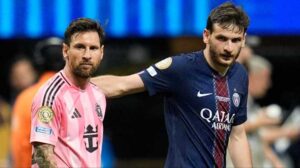
For Messi, this may have been one of his final chances to win another international club honor. Yet his presence has already transformed the landscape of football in the United States. The challenge now lies in turning that momentum into sustained competitiveness.
PSG, meanwhile, march on with their eyes set on the final, showcasing the power and purpose of a team built not just on stars, but on balance, hunger, and collective brilliance.
